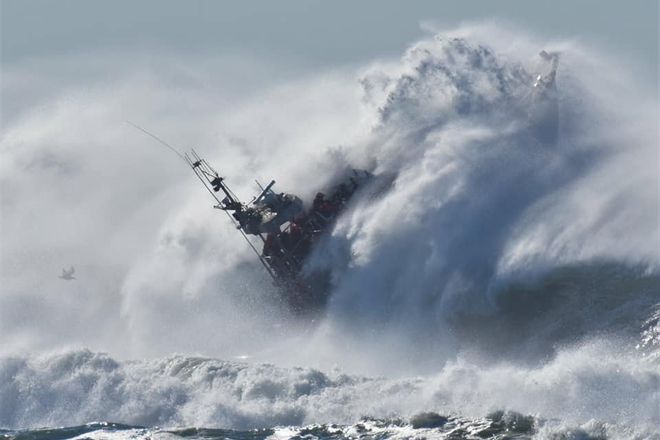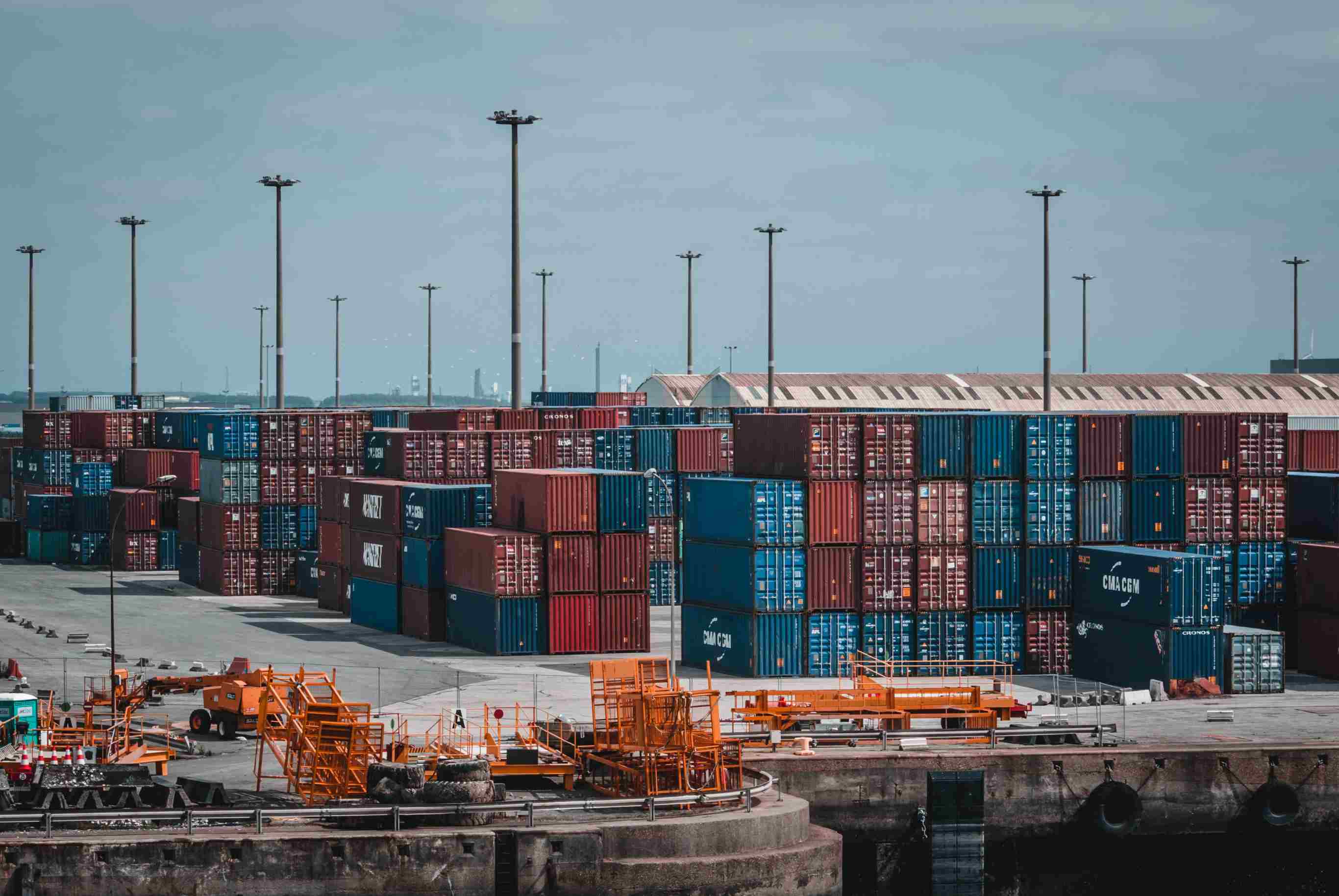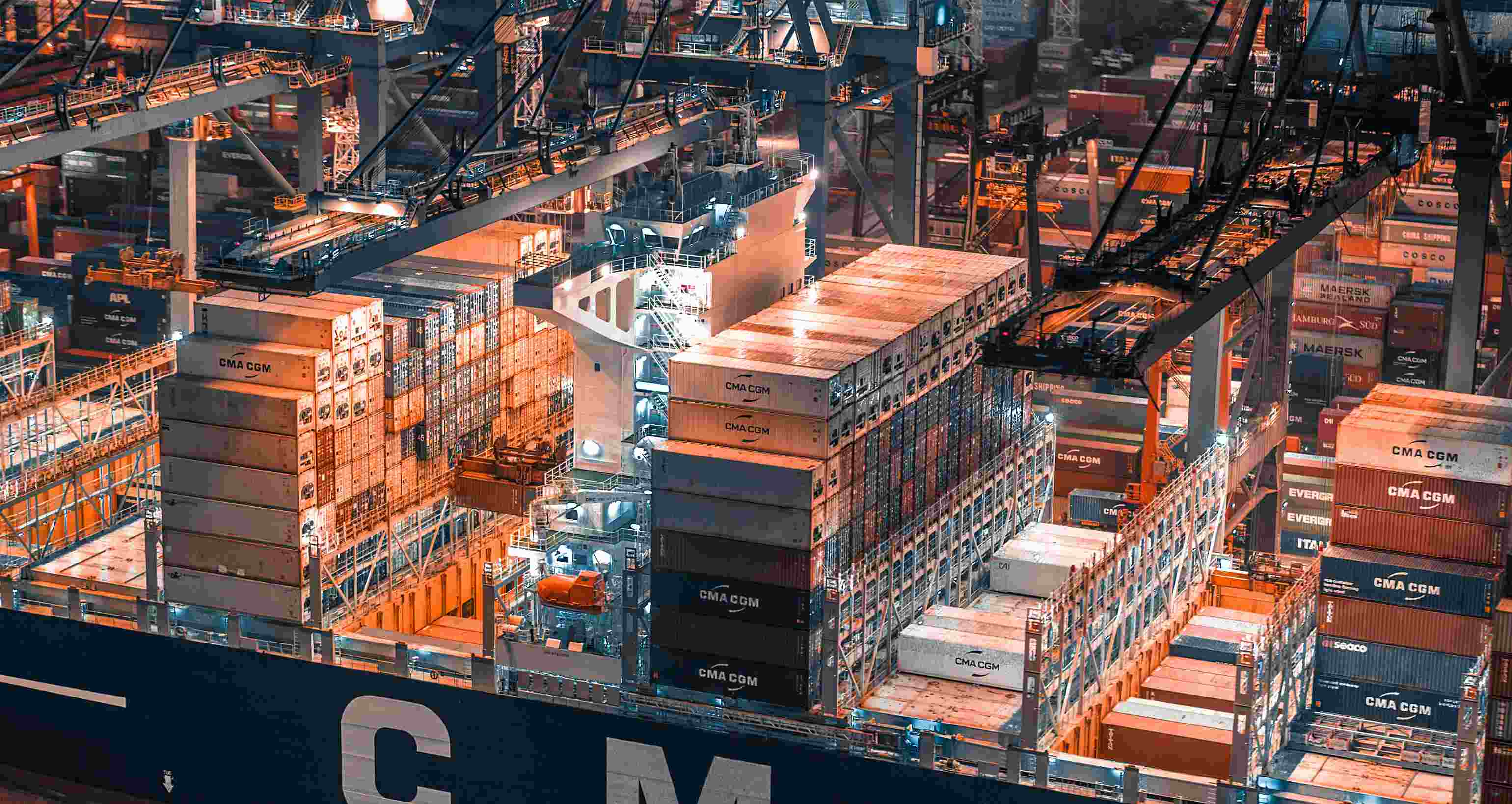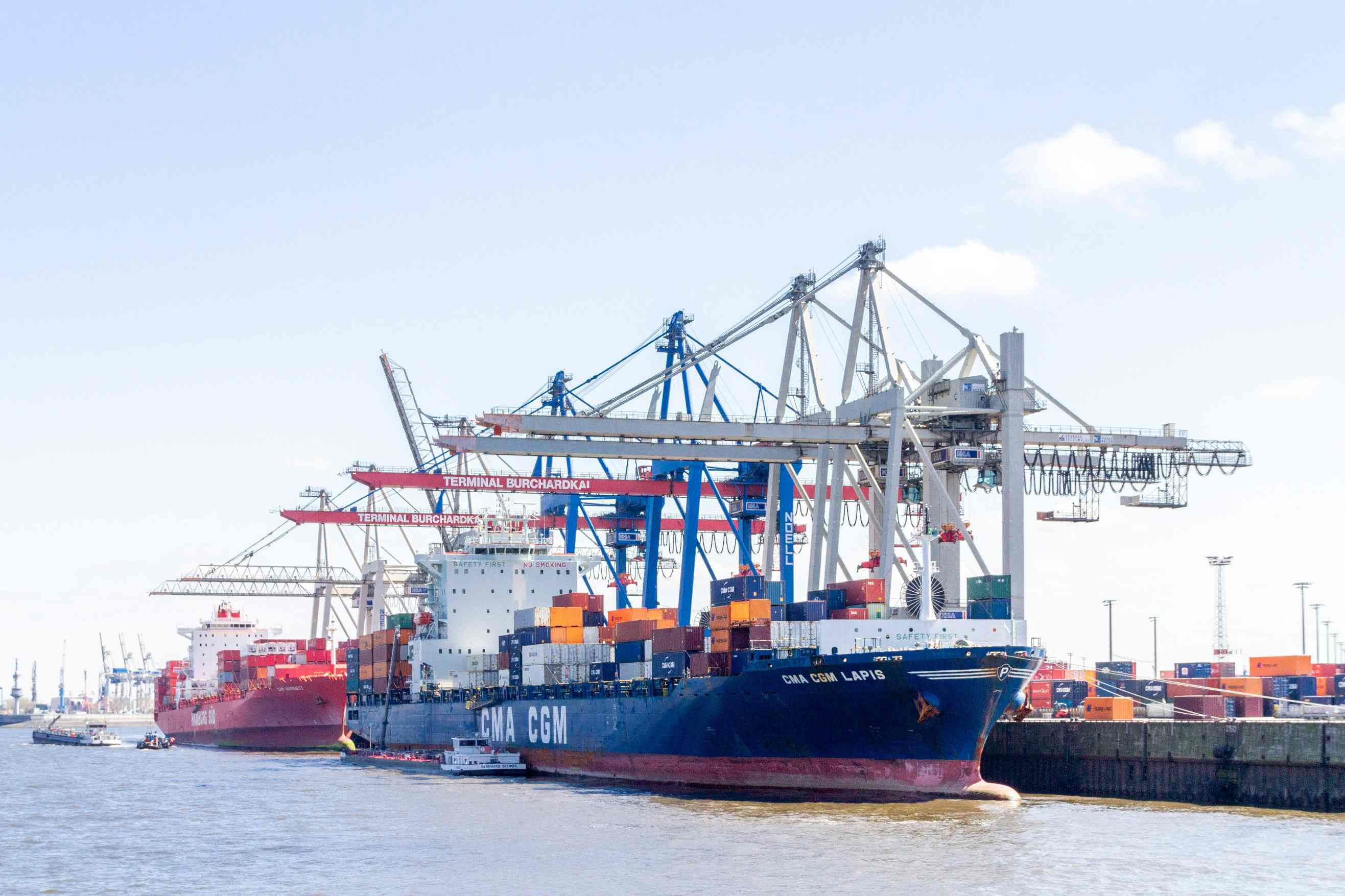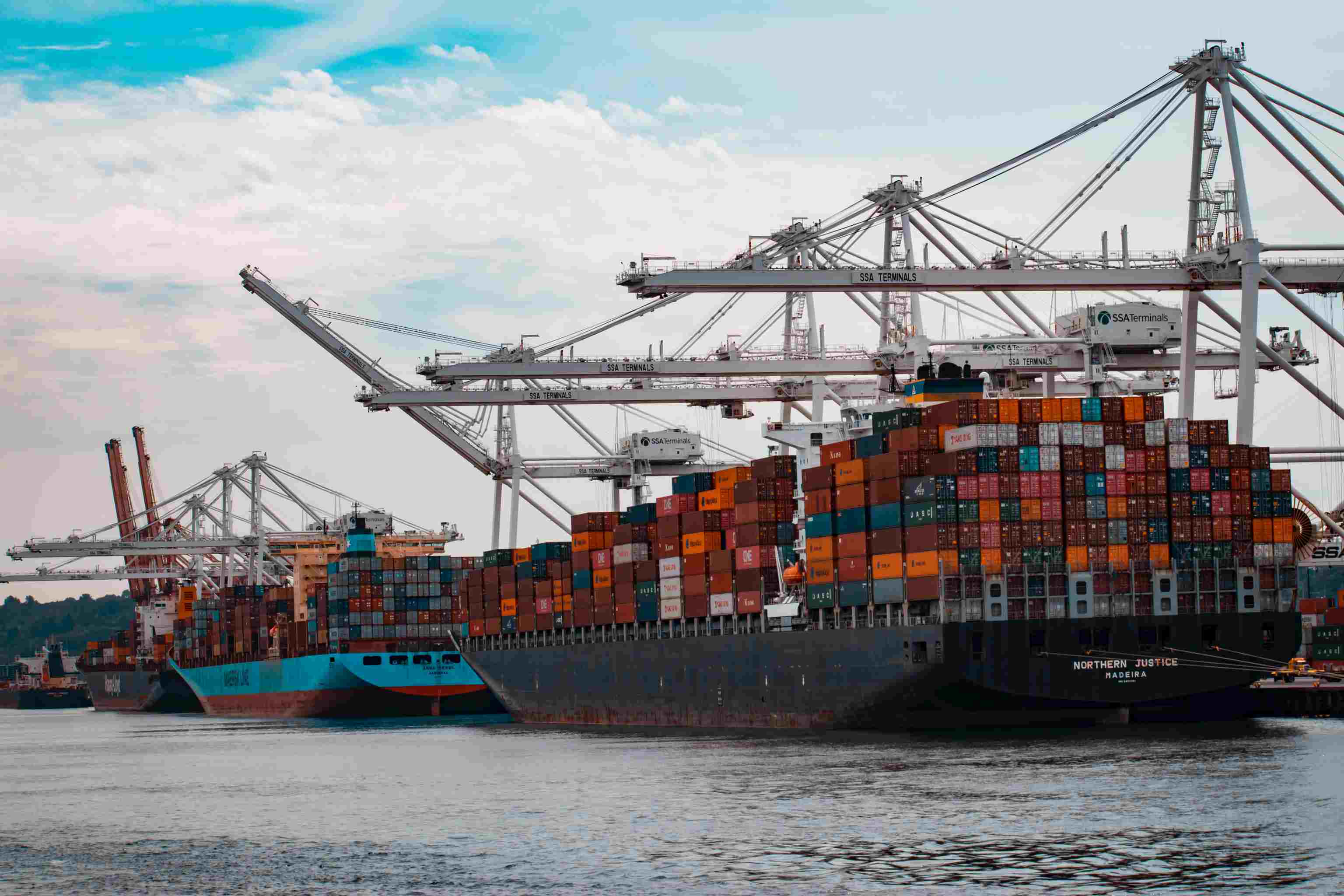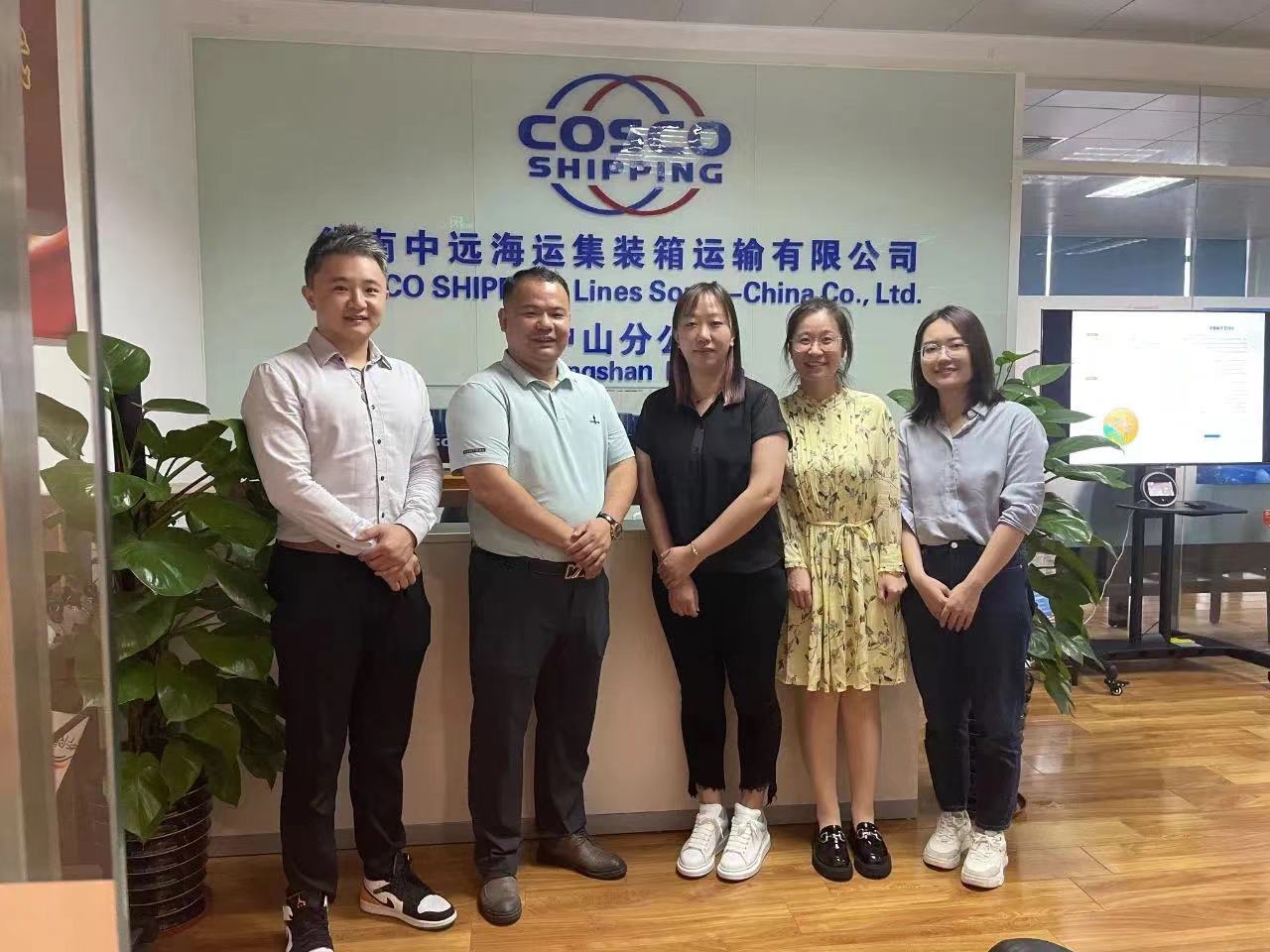Everything You Need to Know About Sea Shipping in 2025
If you’ve ever tried to move goods across borders, you know that sea shipping can feel overwhelming—especially with rising costs, changing regulations, and limited container space. In 2025, ocean freight continues to be the backbone of global trade, but making the right choices is more important than ever. That’s where a company like HaiYuan International Logistics, based in Shenzhen, comes in. With over a decade of experience, strong ties to major carriers, and a reputation for reliability, HaiYuan has become a go-to partner for businesses that need smooth, affordable, and flexible sea shipping solutions. In this article, we’ll break down everything you need to know—from FCL vs LCL to how HaiYuan helps clients navigate the complexities of international logistics.
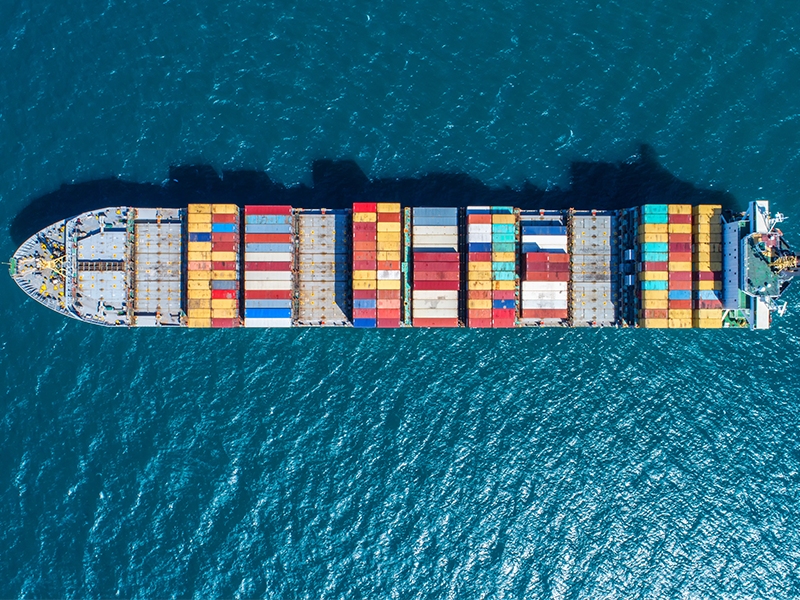
Sea Shipping in 2025
What is Sea Shipping? Latest Explanation
Sea shipping, simply put, is the method of transporting goods across oceans using large cargo vessels. It’s been the backbone of international trade for centuries—and in 2025, it’s still the go-to choice for moving large volumes of goods around the world efficiently and affordably.
Whether you're shipping full containers (FCL) or just a few pallets (LCL), sea shipping offers a practical solution for businesses of all sizes. What’s changed in recent years, though, is how smart and connected the process has become. With better route planning, real-time tracking, and integrated services from providers like HaiYuan Logistics, ocean freight is no longer just about waiting weeks for cargo to arrive—it’s about reliability, transparency, and keeping your supply chain moving without surprises.
So if you’re wondering whether sea shipping is still relevant in a fast-paced world—it absolutely is. And with the right logistics partner, it can be easier and more cost-effective than ever before.
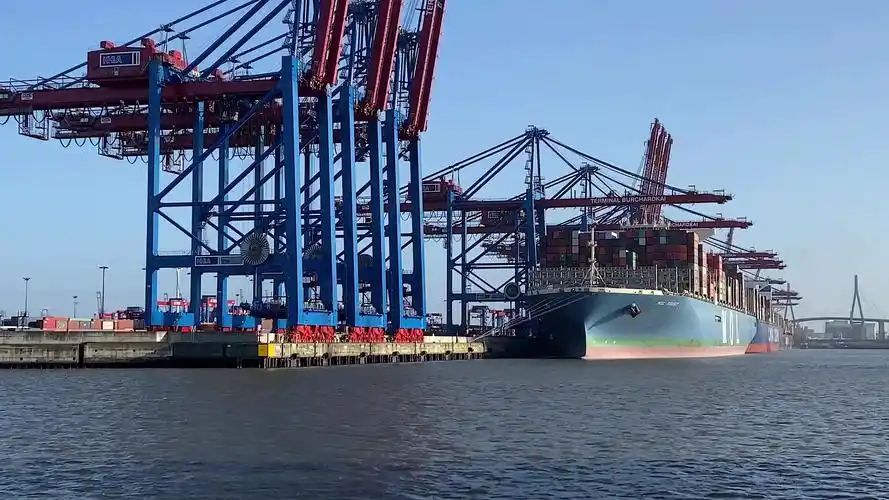
Sea Shipping from China
Types of Sea Shipping
Full Container Load (FCL)
You book and use a whole container exclusively for your goods. Best for large shipments or when you need faster delivery and less handling.
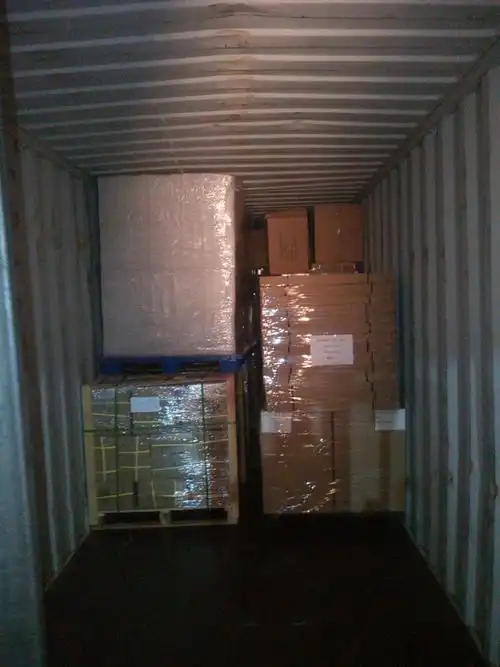
Less than Container Load (LCL)
Your cargo shares container space with other shipments. Ideal for smaller loads and more cost-effective, though it may take longer due to consolidation and deconsolidation.
Roll-On/Roll-Off (Ro-Ro)
Designed for wheeled cargo like cars, trucks, and machinery that can be driven on and off the ship.
Bulk Shipping
Used for unpackaged bulk goods like grains, coal, or minerals, typically carried in large quantities without containers.
Breakbulk Shipping
For oversized or heavy cargo that cannot fit into containers, such as machinery or construction materials, loaded individually onto the ship.
What are FCL and LCL?
When you're getting ready to ship goods by sea, you'll often hear two terms: FCL and LCL. They stand for Full Container Load and Less than Container Load—but what do they really mean, and how do you choose the right one?
FCL (Full Container Load) is exactly what it sounds like: your goods fill up an entire shipping container. You don’t have to share the space with anyone else. This is usually the best choice if you have a large volume of cargo or if you want your shipment to be sealed and untouched from origin to destination. It also tends to move a bit faster, since it doesn’t need to be consolidated with other shipments.
LCL (Less than Container Load), on the other hand, is for smaller shipments. You share a container with goods from other shippers, and you only pay for the space you use. It’s a cost-effective option if you don’t have enough volume to fill a whole container—but keep in mind that it may take a bit longer due to the extra steps in loading and unloading.
At HaiYuan International Logistics, both FCL and LCL are offered with flexible scheduling and competitive pricing. Whether you’re shipping a warehouse full of stock or just testing a new product line, there’s a solution that fits. Choosing the right option comes down to your budget, timeline, and how much space your cargo really needs.
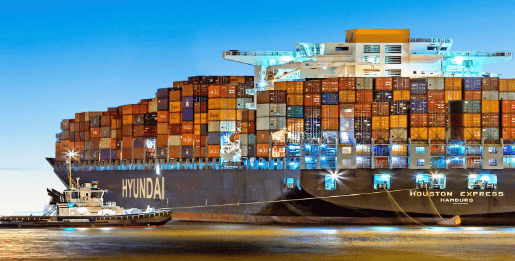
The difference between full container load (FCL) and less than container load (LCL)
Full Container Load (FCL) means renting an entire container, ideal for large shipments, offering faster and safer transport. Less than Container Load (LCL) means sharing a container with other shipments, suitable for smaller cargo, costing less but taking a bit more time.
Advantages of Sea Shipping
Sea shipping offers some big advantages, especially when it comes to moving large or heavy goods over long distances.
First off, it’s usually much more cost-effective than air freight, which makes it a smart choice if you want to save on shipping expenses.
Another plus is its capacity—ships can carry huge amounts of cargo at once, so it’s perfect for bulk shipments.
Plus, sea shipping is generally more environmentally friendly compared to other modes of transport. While it might take longer than flying, it’s reliable and great for businesses that plan ahead. Overall, if you’re not in a rush and need to move a lot of goods safely and affordably, sea shipping is often the way to go.
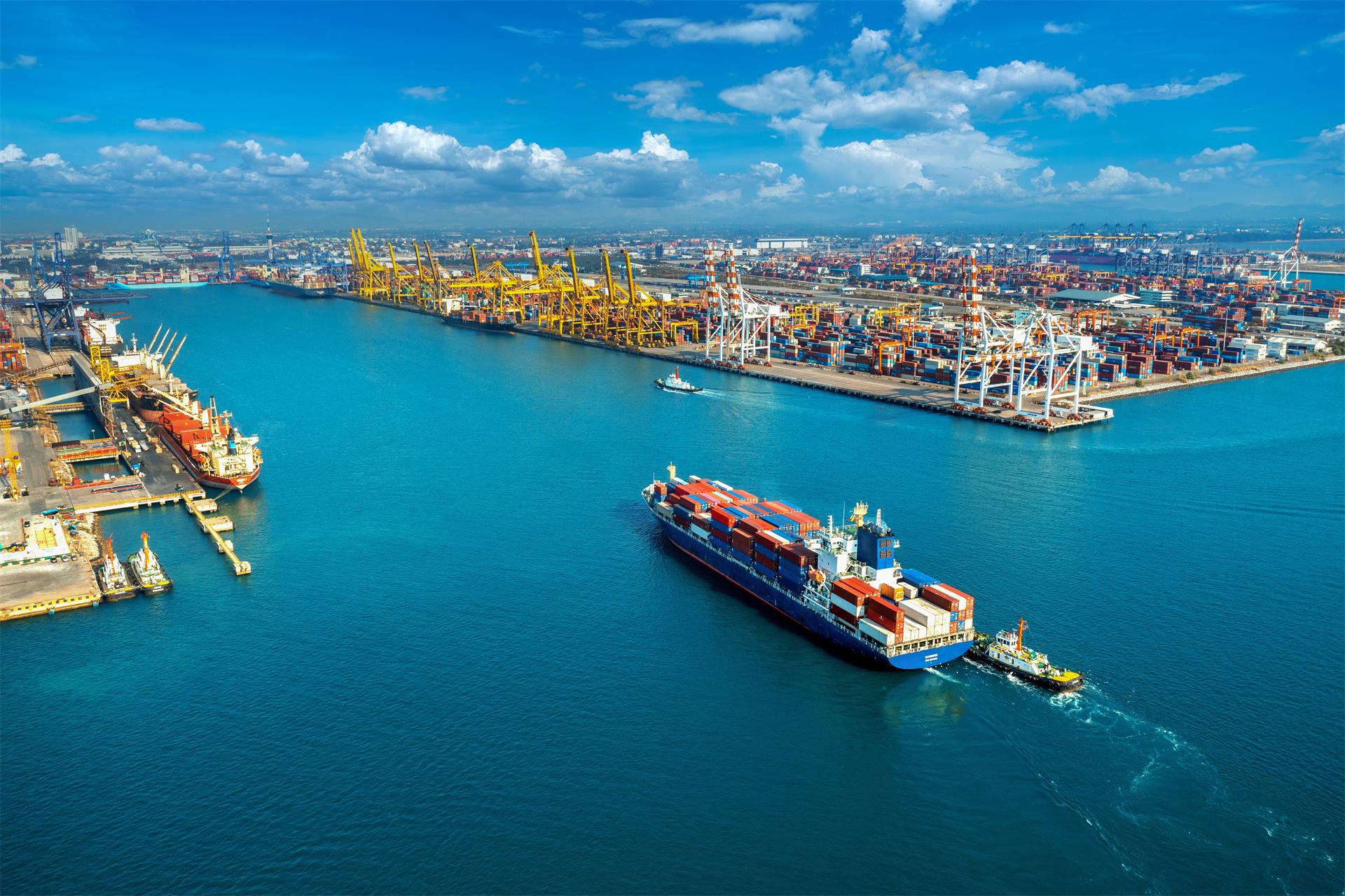
But there are also some disadvantages in sea transportation. You may ask how many shipping containers are lost at sea?
Every year, thousands of shipping containers are lost at sea, but the exact number can vary depending on the year and conditions. Estimates suggest that around 1,500 to 2,000 containers might go overboard annually worldwide.
While this might seem like a lot, it’s actually a very small percentage compared to the millions of containers shipped each year. Container loss can happen because of rough weather, accidents, or improper stacking, but shipping companies are constantly working to improve safety and reduce these incidents.
So, while losing containers at sea does happen, it remains a rare and serious event that the industry takes very seriously.
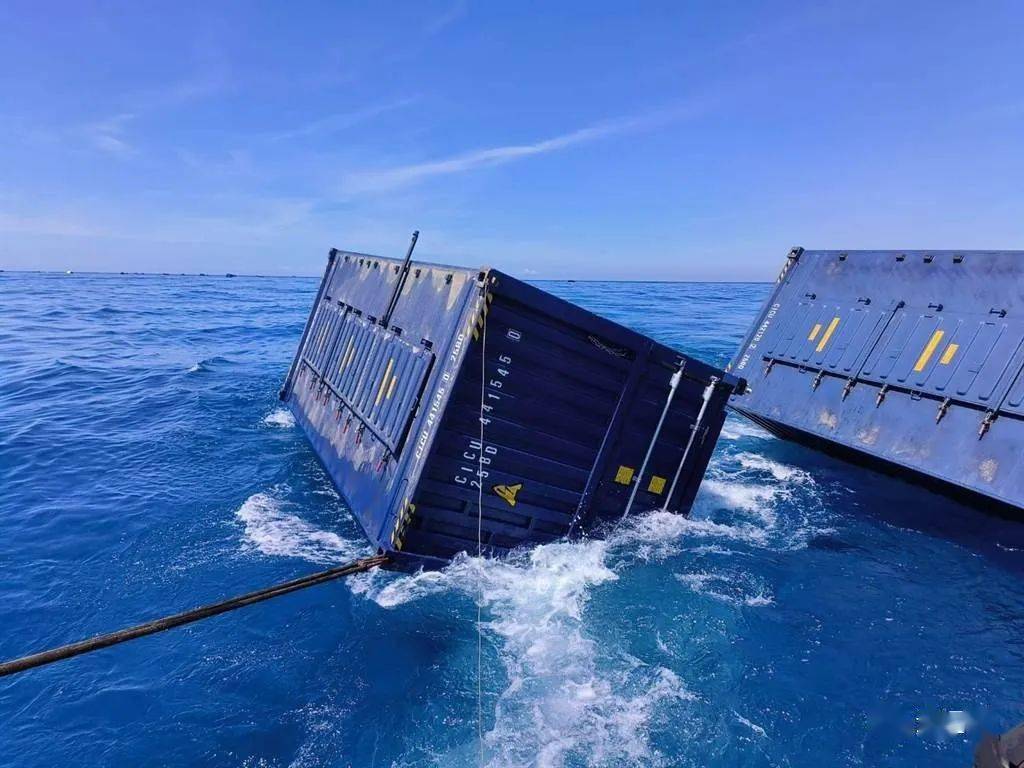
Especially during storms, how often do containers fall overboard?
During storms, the chances of containers falling overboard definitely increase, but it’s not something that happens every time there’s bad weather. Rough seas can cause a ship to roll and pitch heavily, putting extra stress on how containers are stacked and secured. If the fastening isn’t strong enough or if the waves are exceptionally powerful, some containers might break loose and fall into the ocean.
However, modern ships are designed with this risk in mind, and crews follow strict safety protocols to minimize container loss. On average, estimates suggest that a few hundred containers might be lost worldwide each year due to storms and rough weather. While it’s a serious issue, it’s relatively rare compared to the millions of containers shipped safely every day. Shipping companies also continuously improve their methods to secure cargo better and reduce these incidents.
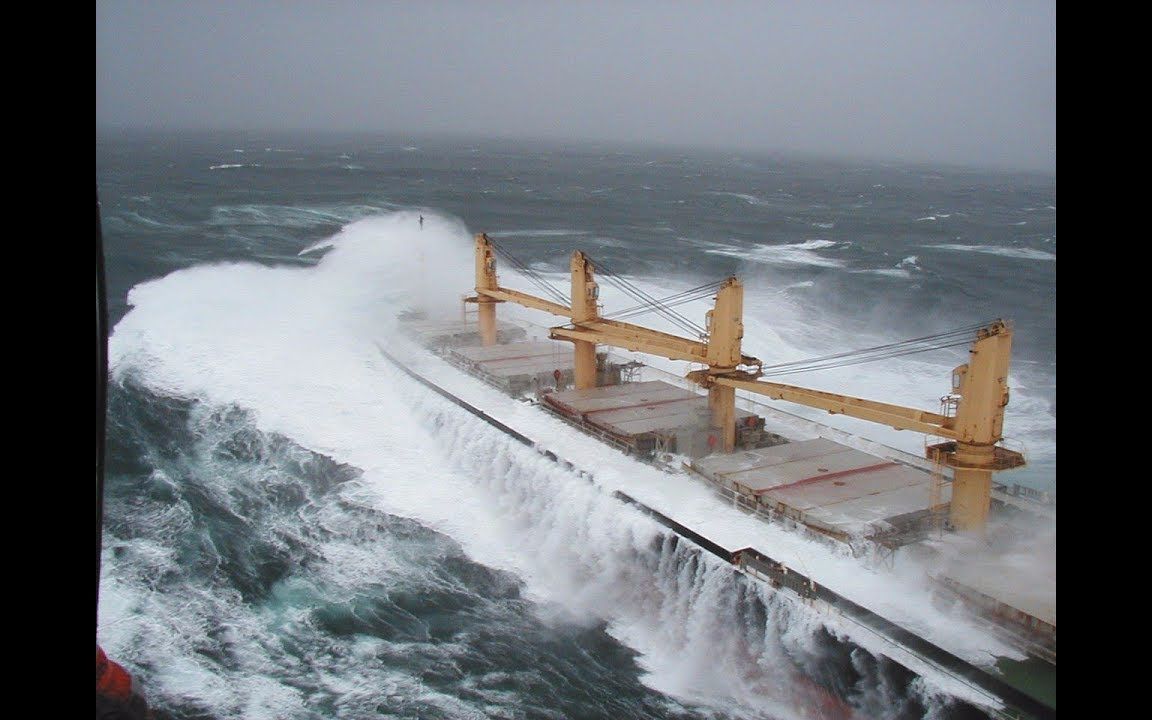
Are certain routes more prone to container loss?
Certain shipping routes are indeed more prone to container loss, especially those that pass through regions with frequent severe weather or rough seas. For example:
North Atlantic and North Pacific Routes: These routes can face strong storms, hurricanes, or typhoons, especially during specific seasons, increasing the risk of containers being lost overboard.
Southern Ocean Routes: The waters around the southern tips of continents, such as near Cape Horn or the Southern Ocean, are known for extremely rough seas and high winds.
Malacca Strait: Due to narrow passages and heavy traffic, ships may face navigational challenges, which can sometimes contribute to accidents.
Can a lost container be tracked or recovered?
Lost containers can often be tracked, but the chances of recovering them are quite low.
Modern containers are usually equipped with GPS or electronic tags, allowing their location to be monitored in real time within a certain range. When a container is accidentally lost at sea, shipping companies and relevant authorities immediately initiate tracking procedures, using satellites and ship radar to try to locate it. However, due to the complex ocean environment, currents, and waves, lost containers often drift far away or even sink to the seabed, making recovery very difficult.
That said, shipping companies typically have insurance policies to help minimize financial losses for customers and continually improve protective measures to reduce the risk of container loss.
What measures has Haiyuan taken to prevent containers from being lost at sea?
Haiyuan has implemented several effective measures to ensure the safety of containers during sea transportation:
Strict Loading and Securing
Haiyuan works closely with experienced shipping partners to strictly follow container stacking and securing standards, using high-quality locking devices, and conducting thorough inspections before and after voyages.
Careful Route Planning
They carefully plan shipping routes to avoid areas prone to severe weather, monitor meteorological information in real-time, and adjust sailing schedules when necessary to reduce risks.
Proper Loading and Balance
Containers are evenly loaded and balanced to prevent shifting or overturning during rough sea conditions.
Employee Training and Management
Haiyuan invests heavily in professional training for its staff to ensure everyone understands the importance of container safety and strictly follows operational procedures.
Through these comprehensive efforts, Haiyuan minimizes the risk of container loss, providing customers with reliable and secure shipping services.
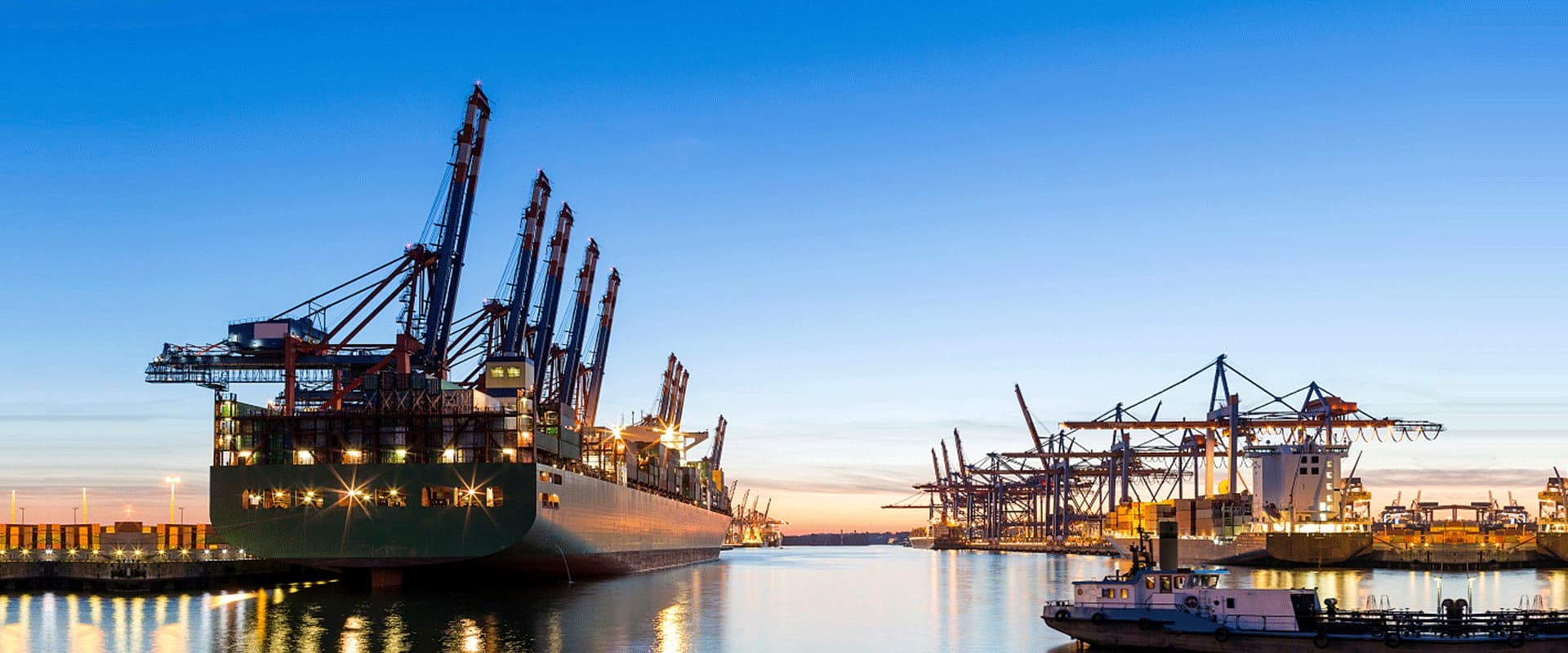
Haiyuan Ocean Freight
Conclusion
To wrap things up, sea shipping is still a backbone of global trade, especially in 2025 when challenges and opportunities go hand in hand. Working with a trusted partner like Haiyuan makes a big difference — they know the ins and outs, helping businesses handle the tricky parts of ocean freight smoothly and safely. Whether you’re shipping a full container or just a smaller load, making smart choices and having the right support can save you time, money, and headaches. Looking forward, sea shipping will keep playing a crucial role as an affordable and eco-friendly way to move goods around the world. Contact us.
